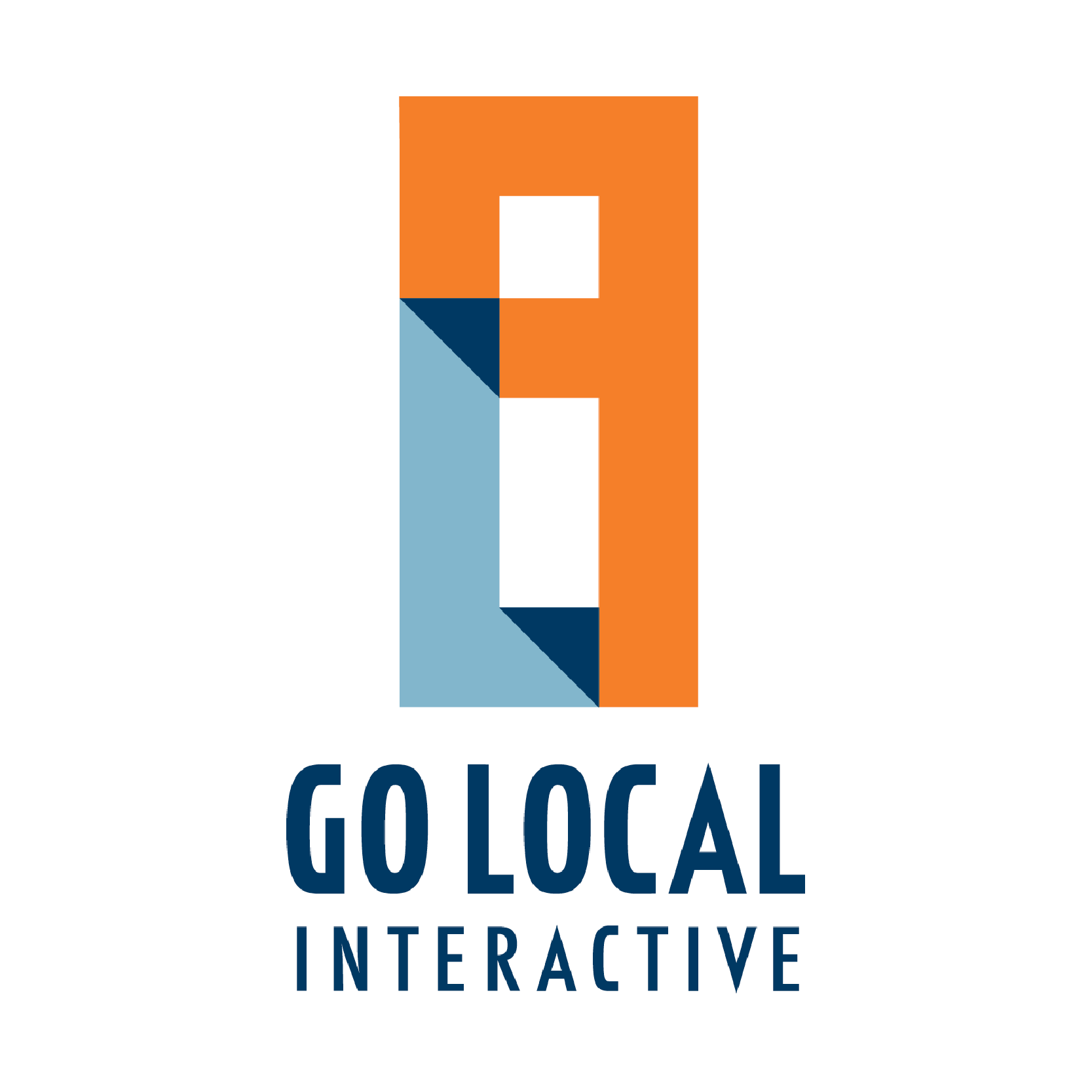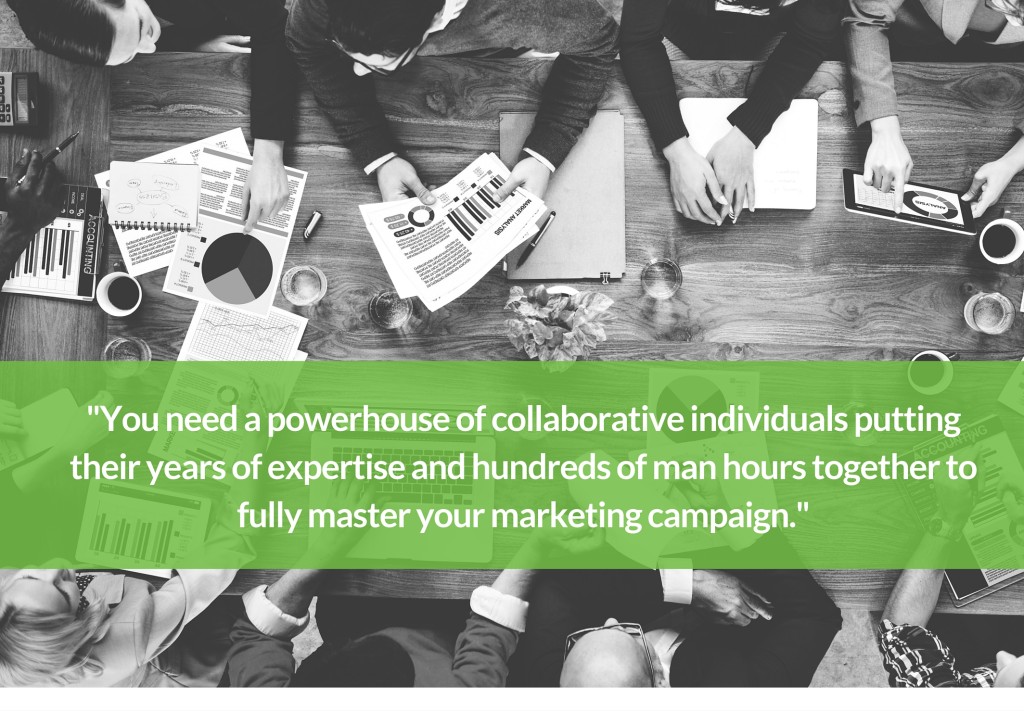The New Lives of Digital Marketing
We are at a unique time where digital marketing has now existed long enough for there to be a “traditional digital marketing”, and for that old role to have now diversified dramatically. Along with titles of SEM or Social or Content Marketer, there are also new profound requirements: to be an analyst, a creative, a generalist, and a specialist. All of those roles are essential for marketing success. So how do you guarantee you have each skill set at your disposal?
SEO is pretty easy to sell these days – knowledgeable companies realize they need a strong online presence to be remotely competitive. But many companies have an important follow-up question: well, can our IT team take care of this? What about our web designer? What if we just hire a social media intern?
The short answer is, no, you need an agency. In the past, SEO was basically about keywords, links, crawl, and rankings, but now it has involved into much more.
You need a powerhouse of collaborative individuals putting their years of expertise and hundreds of man hours together to fully master your marketing campaign. The long answer is this blog post: how to put together generalist and specialist mastery and analyst and creative skill sets, a task nearly impossible for one individual but very easy to find in a good agency.
The Generalist and the Specialist
I’d argue that any agency that requires all team members to be total generalists is an agency bound to fail. A generalist is someone who dabbles in all fields; they have an awesome sense of how all the pieces work together, and the latest buzz on any digital field, but they also don’t have any deep knowledge. They don’t have the years of training and doing that let’s you say: “I know how to fix this. I know what the problem is. I know what we can change next.” A specialist is an expert, in love with their niche. You need that talent.
Obviously, it’s hard to find someone who knows something about everything but also everything about one thing. Especially in a person who has already devoted their life to becoming a software engineer or website designer. (No offense intended to you IT folk: you make the world run.) That’s where an agency comes into play, because an agency very neatly offers both options as a team.
The way we do it at GLI is with Strategists and Specialists. Your Strategist has a high-level view of every lever pulled on your account and what it might do. The Specialist is the one pulling those levers and using their expertise to perfectly select what and where and why. And the nature of an agency is that we can also (somewhat) combine those talents in one person. That’s hard to do with one person who has other demands on their time, like your marketing manager, but something we devote serious internal resources too.
We spend a lot of time learning. Every person who works on your account is expected, and given time to, keep up on upcoming changes, current trends, and complex research. That’s how our Specialists grow. But we also grow as generalists, because we are expected to share our resources. We’re constantly swapping articles, meeting weekly as a team to present a new idea (and debate it), and meeting monthly as a company to share cross-department knowledge. That way you can ask anyone “what’s this about?” and they’ll have a ready answer, a link to share, and most importantly, be able to point out exactly who on our team will have the best in-depth answer for you. Since digital marketing is such an independent ecosystem, that cross-system knowledge is crucial.
The Analyst and the Creative
Even within agencies that stress generalist knowledge, there tend to be unfortunate divides: SEO and SEM shoved into one corner, Social and Content off in this other building. Graphic design and programming are oft the most unfortunate victims. Their work has an immense impact on digital marketing, but are often cast as an entirely different department instead of tight-knit coworkers. They’re also perfect (if stereotypical) examples of the other big divide in skill sets: the analyst and the creative.
Within these two spheres of analyst and creative, specialization is even more important. Data science and artistic skill are the result of hundreds of hours and not something that can be easily grasped by all people. (See: my stick figures.) But just as it’s harder to be a generalist, it’s dangerous to not have overlap. A web design and content team that don’t talk to each other, that don’t plan and build the user experience together: they’re not making a good product. Here we are looking for a crucial combination of two skills: the ability to create a story, and the ability to tell that story.
The analyst understands what happened and why. They put together the raw numbers and understand what they mean. What does growth look like? What was correlation or causation? How do we skew one data set against another to truly understand user behavior? That is the knowledge we need to learn from one campaign and build the next one.
The ‘what’ and ‘how’ of a campaign has to come first. These are the engine and driver of any marketing campaign. But we can’t just dump a bunch of numbers into your lap. In fact, that’s one of the most frequent complaints we hear from new clients: “Our old agency worked on stuff, but we have no idea what, or why, or what it meant, or what we were supposed to do with these reports.”
When the analyst creates a story, a creative needs to tell it. The creative skill set is the ability to speak math into language. The creative presents raw data in a friendly and clear way. That way you know how you’re meeting KPI’s and getting the right return on investment. It’s a crucial part of your relationship with your agency. But that’s not just true for agency and client communication: it’s also vital to the communication you have with your customer.
Think of all the information you have that you want to provide to your users, pulling them along the conversion process. Is it a dump of text? Or do you carefully plan out the voice and style of infographics, videos, articles and evergreen content that will speak to every possible use? How about a new person comparing you to competitors, a returning customer wanting to leave a review, a potential employee wanting to apply, a news source looking to pull information?
That is the analyst and creative at play – figuring out who you are speaking to, and then how. It’s importance to internet marketing is hard to overstate. When a person stops by your website, that’s often the only interaction they have with your brand – at the very least, the first. That’s the first time they hear your voice, learn to trust you, and attempt to purchase from you. All elements of your website, from SEO to usability to design to content, has to work together to be not only an overwhelmingly positive experience but to stand for all time. (A poor interaction with an employee will spoil one person’s day – a bad tweet lasts forever.)
You can see why the nerdy number crunching and mind-blowing art skills would be hard to find in one person, especially a person already divided into a dozen roles for your company. Another benefit of the agency: we have storytellers and artists and certified Analytics geeks all vying to work on your campaign.
Putting it All Together
Let me offer you an ideal candidate for your marketing position. They can design a site, program it, test it, write for it, optimize it, drive local search to it, drive paid search to it, and keep a bustling social media presence going. How much do you think hiring a full-time software engineer, content writer, graphic designer, SEM specialist, SEO specialist, local search specialist, usability tester, and social media expert would cost?
Now think how much you save paying just your agency for that full team of experts: generalists and specialists, creatives and analysts, who together have decades of knowledge and who provide diversity of thought. Pretty reasonable, right? And that agency is right around the corner, whereas a mythical do-all IT gall will be hard to track down. (If you are that omniscient expert get in touch, I’d love to grab coffee with you.)
So yes: you can have an internal person do it all. But it’s going to be third on their priority list, there’s going to be a steep learning curve, and they are never going to be able to provide the full team of experts an agency can provide. They can’t be your generalist and specialist, and your creative and analyst. That’s okay: they’re happier off doing what you hired them for in the first place. Let your agency take up the flag. We’d love to run it.

